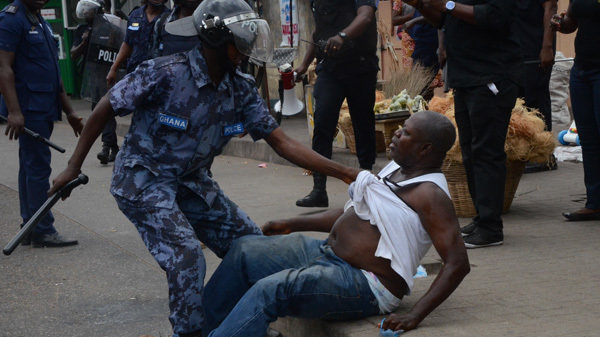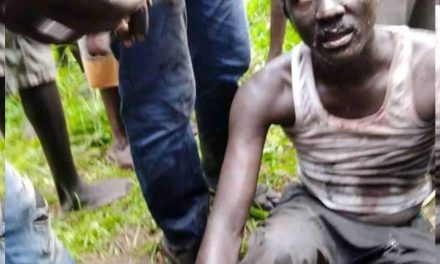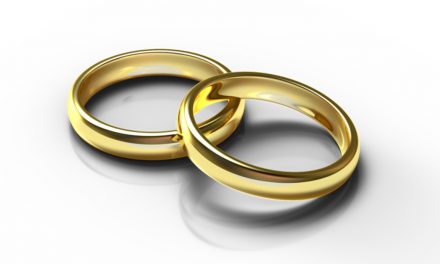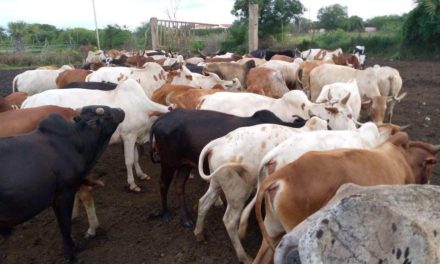
Why are police brutal in Africa

By Njai Ka Wambui
Early March this year, the first Coronavirus case was confirmed in Kenya. Measures had to be put in place which would put the police officers and medical workers at the Frontline in the fight against the pandemic.
Police on their front indeed delivered. They made headlines across the borders not only for good reasons but also for excessive use of force and brutality.
Kenya police officers were in the spotlight from the first curfew days. Videos surfaced showing some officers whipping those who appeared stranded or were on the road past curfew hours. In the first ten days, there were already ten recorded police brutality-related deaths in contrast to only four Covid-19-related deaths, according to the health ministry.
Meanwhile in South Africa, President Cyril Ramaphosa in his first address termed coronavirus as an invisible enemy.
“We are going into a lockdown for twenty-one days to wage war against an unseen enemy,” noted Cyril. With that, the army was deployed to enforce the lockdown.
A similar strategy to deploy heavy security apparatus was effected in Kenya. Law enforcers were mostly deployed in informal settlements. In Mathare, a slum in Nairobi Kenya, a thirteen-year-old Yasim Moyo was killed by a stray police bullet while he was playing at their balcony. One week later, John Mureithi, a homeless man, commonly known by locals as Baite was shot dead by law enforcers. This forced locals to engage in spontaneous demonstrations demanding justice for Baite.
Not wearing a mask or occasionally failing to keep a distance, attracted retribution to ordinary citizens. Yet it was not the same case with the political elites who would occasionally meet and even fail to put their masks on.
During his daily Covid-19 pressers, Kenyan health Minister Mutahi Kagwe repeatedly urged Kenyans to remain at home. At the same time, he urged law enforcers to treat citizens caught up by curfew humanely.
History.
A security expert noted that all the force exhibited by the police are what colonialists had employed.
The institution was fundamentally established by the British colonialists to utterly combat and repress all attempted resistance from communities against the colonial administrators.
“When colonialists we’re building a railway, it was assumed that Africans would have a problem with the installation of colonialists rule and therefore they needed to be policed cruelly as this was assumed would be the only language the African person would understand, ” Kamau Wairuri, said.
It will be in books of history how 176 students lost their lives during a peaceful demonstration famously known as the Soweto Uprising.
It left hundreds injured. The students were against apartheid which only ended in the late nineties. They were killed by the police.
Nigeria is in the spotlight yet again this year with police brutality that has seen them going for days in the streets demanding the disbanding of the Special Anti-Robbery Squad (SARS) police unit. Nigerians say the unit has been used to manipulate and extort from them forcefully.
In a national address, Nigerian president Muhamedu Buhari said that the security unit would be scrapped off. However, the locals were not satisfied claiming that a similar strategy had been used before.
In Nigeria, police and security officers were used during colonial times to punish and exploit too. For instance, in 1929 Women from the Eastern side of the country waged demonstrations against the warrant chiefs who have hindered women from being leaders. The officers were deployed and fifty-five women were killed and hundreds injured.
In Kenya, from March to June, more than 90 people had died at the hands of police. 18% of these deaths were during the early phase of the Covid-19 pandemic and during curfew times. In May alone, Kenya recorded 24 deaths attributed to excessive use of police power and brutality.
Setbacks
A major setback in stopping this brutality is the act by government officials. Since every time they are called to act they shrug about it and claim that not all police officers are bad and cruel.
This is what security expert Kamu Wairuri terms as a “systemic problem.”
“When we say that we have a systemic problem we don’t say that all officers are bad, the system enables some bad officers to get in and stay and even rise over ranks.”
“This also makes it difficult for good officers to stop bad colleagues in the force and we can’t solve this issue by saying that all officers are good,” he noted.
In Nigeria for example, instead of investigating and getting to the bottom of the brutality by the SARS unit, the chief of police, Mohammed Adamu said criminals had hijacked anti-police brutality protests and taken over public spaces.
He ordered the force to stop what he termed “violence, killings, looting and destruction of property”.
Rights groups across the African continent continue to call for punishment of rogue law enforcers.
But in many cases, police officers caught violating human rights are either transferred or they get away with it.
On 1 April, President Kenyatta issued an apology to Kenyans but he failed to point on what needs to be done on the rogue police officers.
“Maybe on the initial stages there were challenges and I want to apologize to all Kenyans for the excesses that occurred or happened,” he said.




















Recent Comments